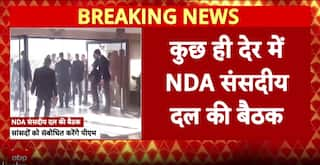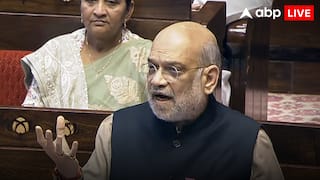Rajasthan: State ACB Asks Officials Not To Disclose Identity Of Bribery Accused Until Convicted, Says Report
On Wednesday, the bureau instructed its employees to withhold the identities and images of suspects and accused parties in bribery cases until after a court has found them guilty.

After receiving criticism, the Rajasthan Anti-Corruption Bureau (ACB) on Friday lifted its directive forbidding the dissemination of the names and images of the bribery accused, news agency PTI reported citing some official sources.
Following a directive from the state government, Additional DG of ACB Hemant Priyadarshy immediately revoked the order.
The agency directed its officials on Wednesday not to release the names and images of bribery suspects and accused until they are convicted in court, according to the report.
When Priyadarshy gave the order immediately after taking on the added responsibility of ACB chairman, it sparked an immediate backlash, as stated in the report.
In response to the order, the BJP opposition attacked the state government and questioned its intentions, according to the report.
The directive was tweeted by BJP state president Satish Poonia, who also claimed that Congress is supporting the corrupt, the report said.
कांग्रेस भ्रष्टन की
— Satish Poonia (@DrSatishPoonia) January 4, 2023
भ्रष्ट कांग्रेस के#Rajasthan pic.twitter.com/Fdb5BKk7UX
The Controversy Around The Rajasthan Anti-Corruption Bureau Order:
The names of those apprehended through decoy operations in corruption cases cannot be made public until they are found guilty in court, according to a contentious ruling issued by Rajasthan's Anti-Corruption Bureau. The state's opposition BJP has slammed the Ashok Gehlot government, claiming that this is proof that the government is complicit in corruption.
The order was issued by senior police officer Hemant Priyadarshy shortly after assuming command of the bureau. He had stated that the order just followed Supreme Court standards.
According to the order, the names of people arrested in corruption operations can only be released when they have been proven in court. However, the person's designation and department can be made public.
(With Inputs From Agencies)






































